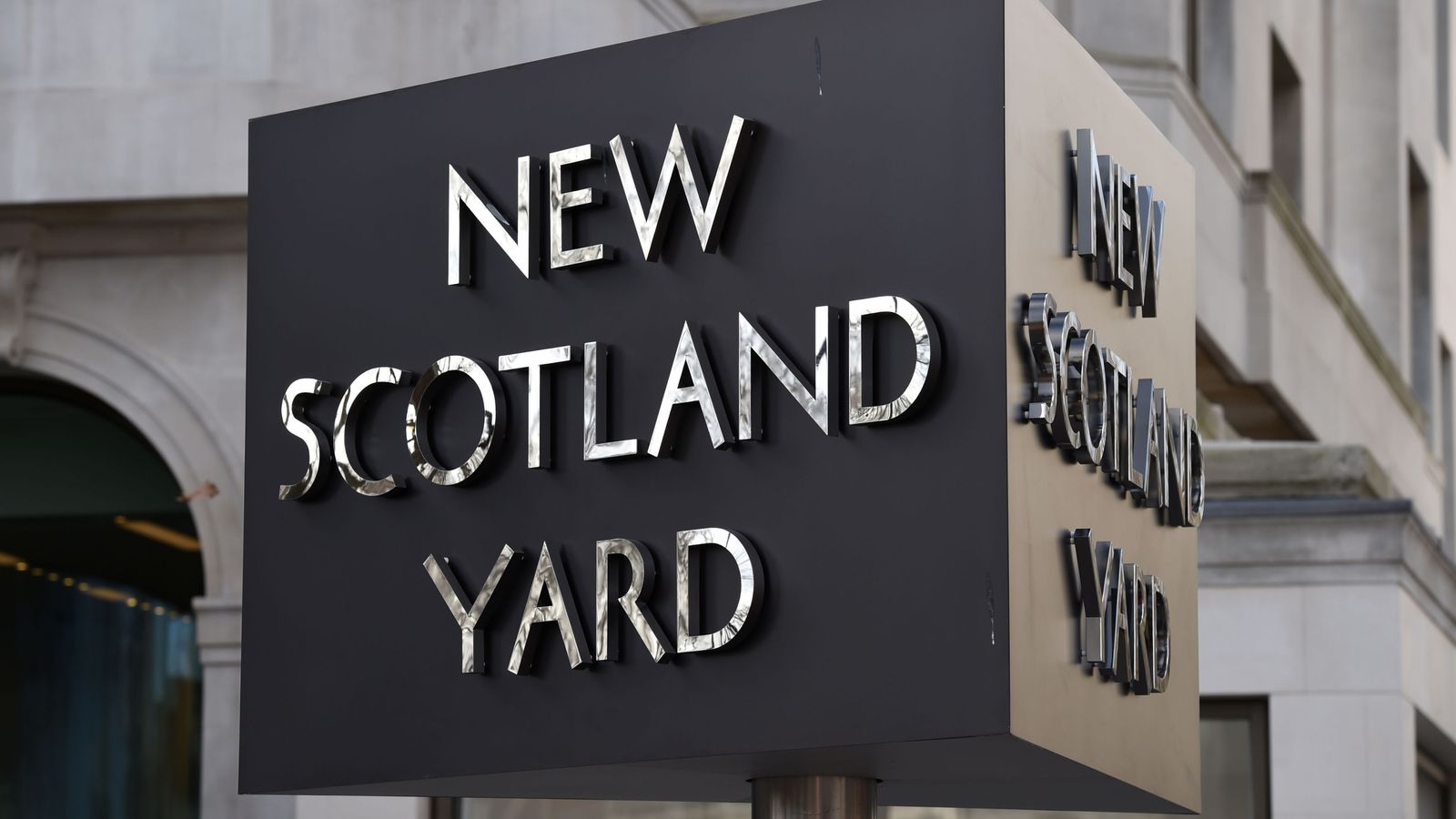Lawyers have questioned the Metropolitan Police’s request for some details to be left out of the report into Downing Street parties – with one describing it as “absolute nonsense”.
Scotland Yard has asked for the Whitehall inquiry to only make “minimal reference” to the events it is investigating as it seeks to avoid any prejudice to its probe.
But it insisted it has not asked Sue Gray to delay her report or place any further restrictions on other events.
Reaction as police statement raises fresh questions about partygate report – politics live
The Metropolitan Police’s statement indicates the senior civil servant will either have to make significant changes to her report before publication or delay it until after the force’s inquiry.
But some legal figures have questioned why publishing the report would prejudice the police investigation.
Nazir Afzal, a former chief Crown prosecutor for the North West, said on Twitter: “This is absolute nonsense from the Met Police.
Downing Street parties: Former PM Theresa May ‘angry’ at partygate revelations engulfing successor Boris Johnson
Partygate: Timing of Sue Gray report publication thrown into doubt after Metropolitan Police request ‘minimal reference’ to events it is investigating
Boris Johnson reportedly considering delay to tax hike plans as public awaits publication of Sue Gray report
“A purely factual report by Sue Gray cannot possibly prejudice a police investigation.
“They just have to follow the evidence, of which the report will be a part.”
Follow the Daily podcast on Apple Podcasts, Google Podcasts, Spotify, Spreaker
A former director of public prosecutions suggested the Met’s stance was “disproportionate”.
Lord Macdonald told BBC Radio 4’s World At One programme: “The risk of the police intervention this morning is that this leaves things hanging in the air for weeks and months, and that seems obviously not to be in the public interest.
“If we’re talking about fixed penalty notices – like parking tickets, essentially – if we’re talking about that kind of resolution, then to take the rather grave step to delay a report that is going to shed public light on the subject matter of what may be a major public scandal, I think that is undesirable and I think it may be a misjudgment.
“But only police know what it is that is really at play here.
“It is really to say that if we are simply talking about lockdown breaches and fixed penalty notices, this move by the police this morning seems to be disproportionate.”
The anonymous lawyer and author known as The Secret Barrister then added: “I am a criminal lawyer, and I too must be missing something, because there is no reason I can see as to why an independent police criminal investigation would in any way be influenced by, or would seek to influence, a civil service report.”
Met request ‘not unusual’
But Nick Aldworth, a former Metropolitan Police chief superintendent and counter-terrorism national coordinator, said the report could prejudice the police investigation “by disclosing the evidence that they will gather and thereby giving the potential defendants an opportunity to conceal or alter evidence”.
Essex barrister John Goss added: “If the report contains information which is not known to the suspects/witnesses and which the police want to ask them about to see their response, or to see whether responses of multiple suspects/witnesses are consistent. Not unusual.”
Please use Chrome browser for a more accessible video player
Publication of official reports and other inquiries can often be delayed until a police investigation and any subsequent court case or inquest is concluded, typically to avoid the risk of prejudicing a jury if a criminal trial was to take place.
But in this instance, if police investigate under the provisions of the coronavirus regulations then there would be little risk of prejudice as the penalty for breaching lockdown rules is a fixed-penalty notice and it is highly unlikely to result in a prosecution.
Read more:
How is the Met Police inquiry into No 10 COVID breaches different to Sue Gray’s?
What could the Gray inquiry mean for Boris Johnson?
Met commissioner won’t be relishing ‘career threatening’ investigation
Some lawyers have questioned whether the incidents in Downing Street may be examples of malfeasance or misconduct in public office or neglect of duty.
If police consider such offences, that could lead to a prosecution on more serious charges which may result in a prison sentence.
There is also speculation over whether the probe could open the door to possible action for perverting the course of justice, if officers discover those involved lied or tried to conceal evidence.






















